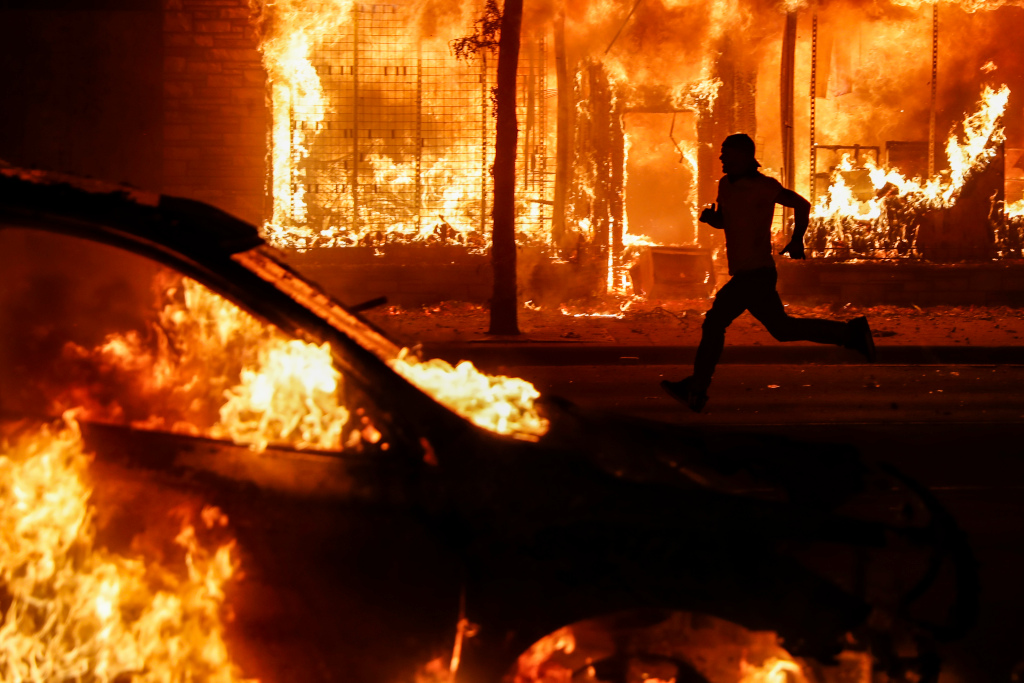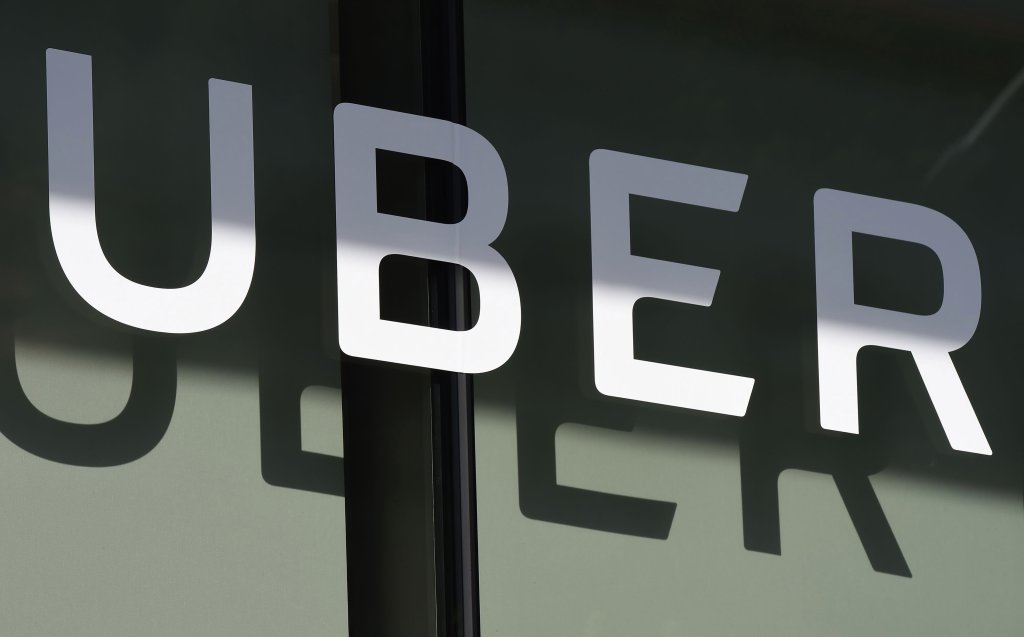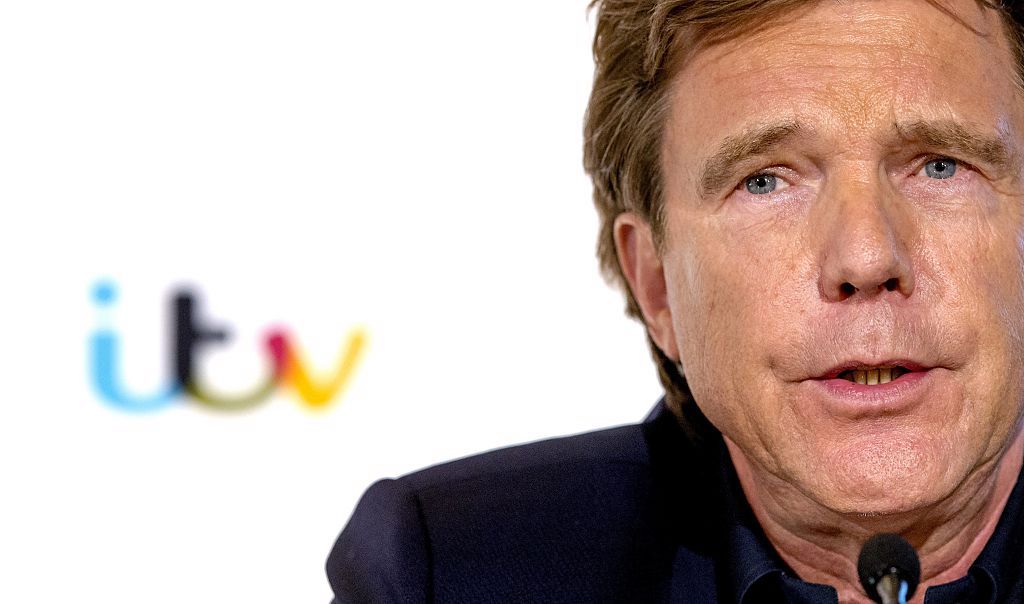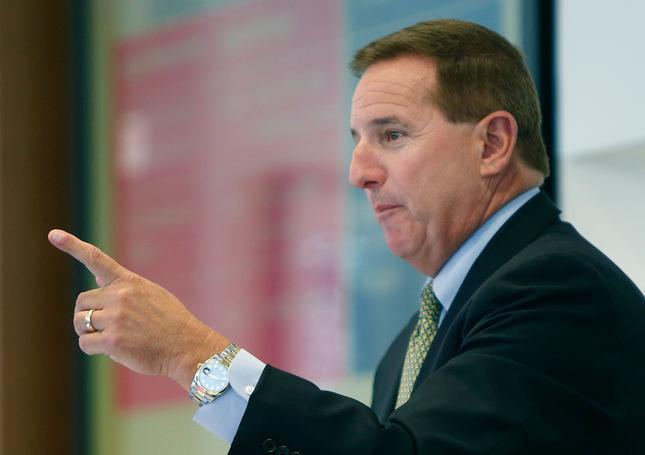At times like this we hear about the “healing power of sports.”
They do not bring a cure. They bring a tourniquet. They can relieve pain. They do not mend fractures that stretch 3,000 miles and damage every star and stripe.
When George W. Bush brazenly walked into Yankee Stadium and threw the first pitch of World Series Game 3 in 2001, a month and a half after the planes hit, he made people jump and cheer and cry. But all he could do was inspire. After the balls and bats were put away, New York went back to burying its cops and firemen.
When Cathy Freeman made the final turn at the 2000 Olympics in Sydney, her fans found an eerie new octave. Their noise sounded like souls that had been freed from bodies, a strange new language of sound. Freeman won the gold medal in the 400 as an indigenous Aussie. Whatever hope she sowed is a wilted memory. Her people live 10 fewer years than the average Australian, and only 48 percent of those of working age have jobs.
As 2020 plunges past the River Styx, a disabled nation must heal itself.
Some of us cry for spectator sports, which have been removed by COVID-19. Our games have been replaced by pandemic information and, lately, dispatches from paved, downtown battlefields.
Wouldn’t we prefer the ibuprofen of a 4-for-4 from the bat of Mike Trout? Sure. But numbing isn’t healing.
In fact, sports have rarely seemed as extraneous and bizarre as they do now, after three-and-a-half months in exile.
That was before a plague removed 100,000 American lives, and counting, and yet another policeman’s panic and fear cost yet another African American man his life.
It takes a mighty set of headphones to block out the world and pretend that your latest list of Top 10 Poulan Weed-Eater Bowls really matters, much less another cheerless Angels-Mariners game to determine draft position.
There will not be a 2020 Final Four champion, nor a Wimbledon winner, nor a Champion Golfer of the Year. Hockey and basketball are so desperate to avoid such a blank space that they’re herding players into unfamiliar cities, away from family and fans.
The colleges seem bent on using their student-athletes even though many of their students will be home, online.
Baseball, the supposed balm of Gilead, is stuck in a coin-throwing fight between herds of fatted calves. Ten owners are worth more than $1.5 billion, including John Fisher, who was born into The Gap fortune and owns the Oakland Athletics. After the A’s blew a rent payment, they cut off a $400-per-week stipend to their minor league players, and, like Arte Moreno’s Angels, furloughed their scouts as if there isn’t going to be an MLB draft.
Every sport has had work stoppages, and every sport has watched fans return like lemmings. This time could be different, because the games will proceed without fans at first, and with limited audiences after that. Maybe a reprieve from sports will become habit-forming, too.
The 1941 season ended a few weeks before Pearl Harbor and drew 9.6 million. Two years later, with World War II by no means in the bag, baseball drew 7.4 million. The war ended in 1945, when attendance was 10.9 million. Then 18.5 million fans stormed the ballparks in 1946.
This is the most uncertain year, in terms of shared fate, since then. When the gates swing open, the appetite for $14 beers and $20 parking might not be there to greet them.
If sports could really heal, they would have done so. Someone would have learned something from LeBron James, and the school he founded, and the scholarships he got for his students.
If sports could hold us to a higher standard, they would have done so. Pharmaceutical companies get busted for flooding society with opioids and the nation shrugs. The Astros set up an espionage system that a high school team could have disrupted, and mothers hide their children’s eyes.
But we do need to listen to our athletes. Even they feel a hammerlock of dread when a flashing blue light comes up from behind them. Even they realize that “innocent until proven guilty” is a fairy tale in many neighborhoods.
Carson Wentz is the Eagles’ quarterback from Bismarck, N.D., and Trevor Lawrence is Clemson’s quarterback from Cartersville, Ga. Neither pretends to know the black experience. Both expressed their grief and disbelief over George Floyd.
The games needn’t start again until we reach a medical truce and a refresher course on all men created equal.
Then they can return to where they always should have been, somewhere between the cure and the disease.










